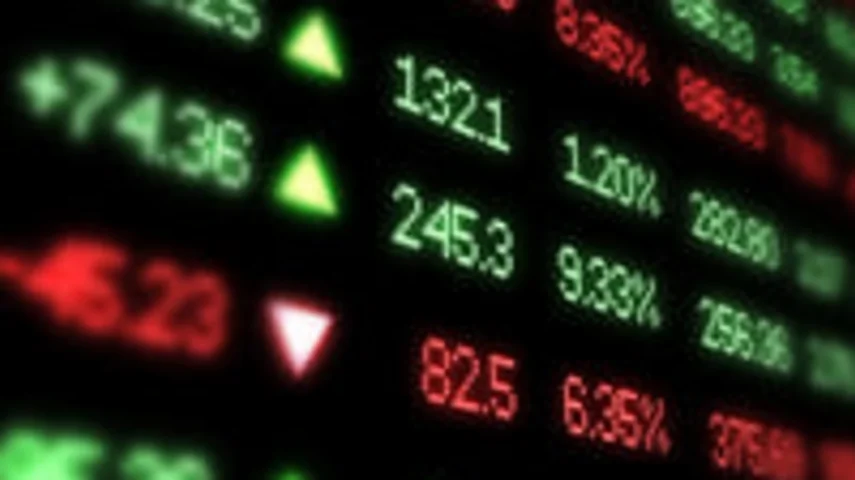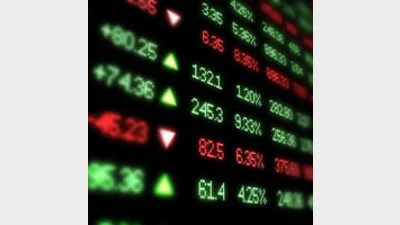Aussie equities trading at deep discount




The ASX 200 is at worst fair value, and at best trading at a 30 per cent discount to bonds - making equities cheaper now than they were during the global financial crisis, according to Credit Suisse.
The research found that the ASX 200 is trading on a one-year forward price to earnings ratio (PE) of only 10.7 times, compared to the 10-year average of 13.4 times. Credit Suisse said that the discount on equities was almost as large now as it was during the Greek crisis or the GFC, and almost as big as it was after the 'dot-com' bubble burst in 2000.
The research found that at worst, the Australian market is fair value. That is, when a 'through the cycle' approach is taken (as opposed to looking at actual or forward earnings) the market is trading at a PE of 15 times, which is in line with the long-term average.
The bottom line, according to Credit Suisse, is that unless investors see a worse crisis than the GFC or the dot-com bubble on the horizon, then equities are now genuinely cheap.
However, the research also pointed out that with economic growth slowing sharply, Credit Suisse expected substantial earnings per share (EPS) downgrades. As a result of EPS numbers tracking down, the market PE will rise, making shares look less cheap.
Given its attractive valuation of the Australian market, Credit Suisse said that it planned to accumulate equities. Its preferred method to capture beta (ie, mirror the ASX 200) was to invest in banks, since Australian banks are trading on low PEs and are offering high dividend yields (currently 7.5 per cent). Additionally, Australian banks are much better placed when it comes to the prospect of rising funding costs than they were prior to the GFC, Credit Suisse said.
Recommended for you
Australia’s superannuation funds are becoming a defining force in shaping the nation’s capital markets, with the corporate watchdog warning that trustees now hold systemic importance on par with banks.
Payday super has passed Parliament, marking a major shift to combat unpaid entitlements and strengthen retirement outcomes for millions of workers.
The central bank has announced the official cash rate decision for its November monetary policy meeting.
Australia’s maturing superannuation system delivers higher balances, fewer duplicate accounts and growing female asset share, but gaps and adequacy challenges remain.









